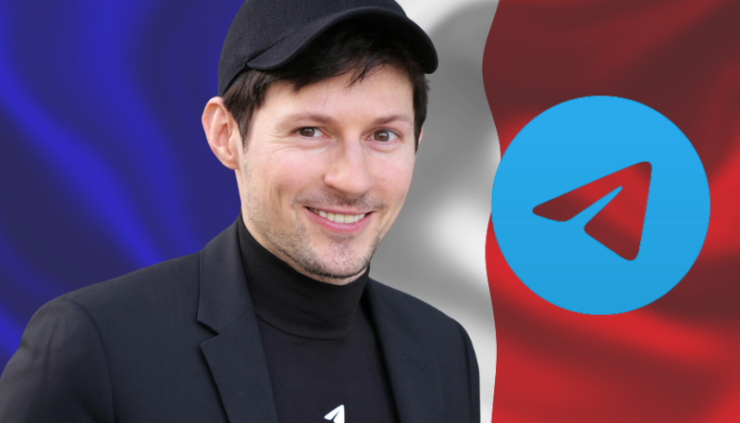Telegram founder Pavel Durov has reportedly left France after receiving court approval, marking a significant turn in his ongoing legal saga.
According to sources cited by Barron’s, Durov was granted permission to relocate to Dubai, a jurisdiction known for its business-friendly regulations and absence of extradition treaties with many nations.
The details surrounding the court’s decision remain unclear. Still, his departure has reignited debates over digital privacy, regulatory scrutiny, and the role of tech leaders in managing illicit activity on their platforms.
Durov’s legal issues began on August 24, 2024, when French authorities arrested him at Le Bourget airport in Paris. Prosecutors accused the Telegram founder of enabling illegal transactions through his platform, alleging that Telegram had become a hub for illicit financial activities.

On August 28, the French Prosecutor’s Office formally announced preliminary charges, stating that Durov could face up to 10 years in prison and a fine of €500,000 ($550,000) if convicted. He was released the same day after posting $6 million in bail but was required to remain in France while the investigation continued.
The latest reports suggest that Durov has reached a legal settlement or secured temporary permission to leave the country. However, neither Durov nor French officials have issued public statements confirming the situation.
A Strategic Move to Dubai?
Durov’s decision to relocate to Dubai raises questions about how the case will proceed. While France had restricted his movement since his arrest, the recent court approval allows him to travel—though it remains unclear whether his departure is permanent or if he will be required to return.
Dubai has increasingly positioned itself as a hub for cryptocurrency and technology entrepreneurs, offering regulatory flexibility and low corporate taxes. More importantly, the United Arab Emirates (UAE) does not have an extradition treaty with France, making it difficult for authorities to demand his return if new legal challenges emerge.
Durov, who holds Russian, French, and UAE citizenship, also received diplomatic attention from Moscow following his arrest. The Russian government previously expressed willingness to assist in his case, highlighting the geopolitical complexity of the situation.
His departure comes at a time when the U.S. and Russia have engaged in high-profile prisoner exchanges, including the recent release of Alexander Vinnik, the former operator of the defunct crypto exchange BTC-e. Vinnik, extradited to the U.S. in 2022, returned to Russia last month as part of a broader negotiation amid shifting diplomatic relations under President Donald Trump’s administration.
What This Means for Telegram and Regulatory Scrutiny
Durov’s legal battle in France is not the first time Telegram has faced scrutiny from governments worldwide. Authorities have repeatedly criticized the platform for its end-to-end encryption, arguing that it enables criminal activity while making enforcement efforts difficult.
The French case against Durov underscores growing regulatory pressure on major tech companies, particularly in the crypto and messaging sectors. Governments worldwide are increasingly overseeing platforms accused of facilitating financial crimes, with regulators tightening anti-money laundering (AML) compliance measures.
If Durov’s relocation to Dubai is permanent, it could further shield Telegram from European regulatory reach. However, it remains to be seen whether French authorities will pursue further legal action or if the case will fade without additional charges.
The Road Ahead
Durov has temporarily sidestepped legal uncertainty with his exit from France, but the long-term impact remains unclear. If the charges in France remain unresolved, future legal complications could arise, especially if other countries increase their scrutiny of Telegram.
For now, his move to Dubai signals a strategic shift, one that highlights the ongoing tension between tech entrepreneurs and regulators in an era of increasing government oversight.





